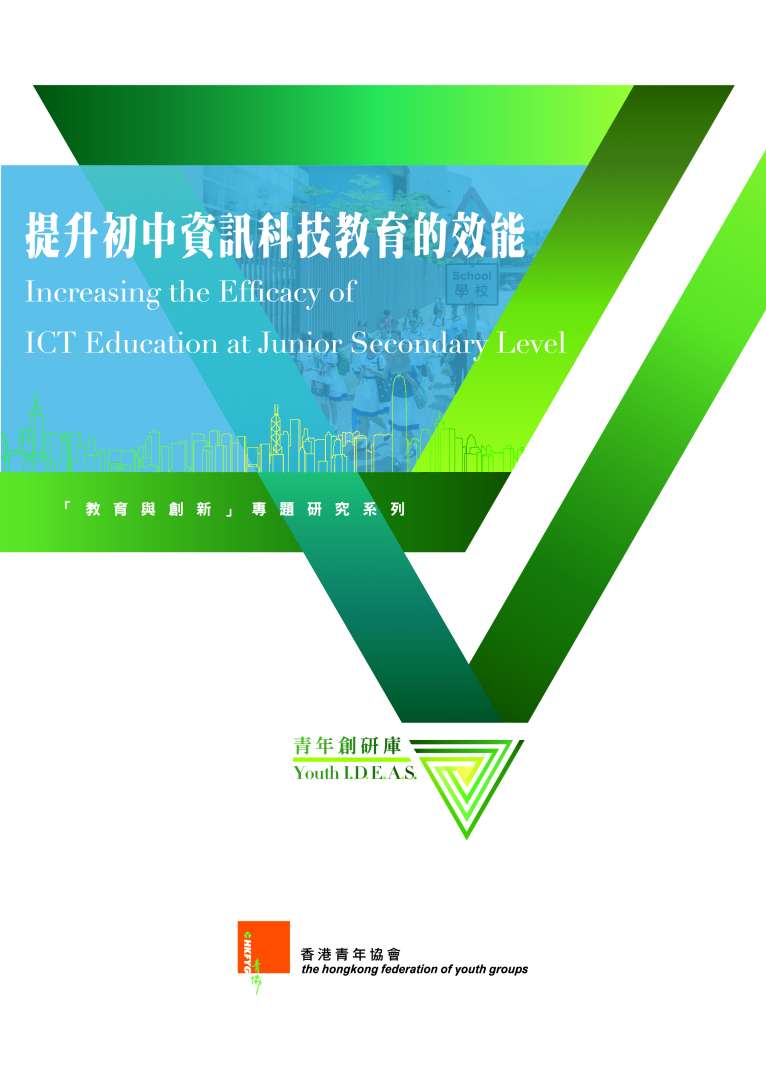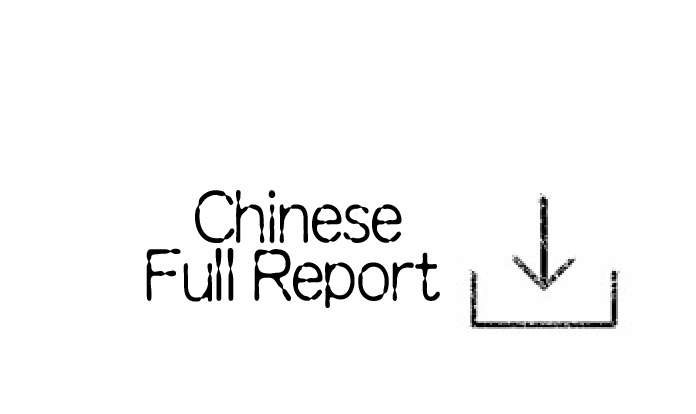Increasing the Efficacy of ICT Education at Junior Secondary Level
Youth I.D.E.A.S. 42
Education and Innovation
Increasing the Efficacy of ICT Education at Junior Secondary Level
26 May, 2019
 As technology continually advances, the importance of Information and Communication Technology (ICT) increases. According to the Organization for Economic Co-operation and Development (OECD), around 14% of today’s jobs might be replaced by automation[1]. Embracing the future and enhancing students’ capabilities through an all-rounded ICT education is essential, especially at Junior Secondary Level.
As technology continually advances, the importance of Information and Communication Technology (ICT) increases. According to the Organization for Economic Co-operation and Development (OECD), around 14% of today’s jobs might be replaced by automation[1]. Embracing the future and enhancing students’ capabilities through an all-rounded ICT education is essential, especially at Junior Secondary Level.
Countries all around the world have been putting tremendous effort into catching up with technological advancement when reviewing the development of their school curricula; Hong Kong is no exception. The Chief Executive Mrs. Carrie Lam listed STEM education as one of the important ways to foster the development of technology in Hong Kong as part of her debut ‘Policy Address’[2].
In addition, Information Technology (IT) is also labelled as one of the 9 Generic Skills that are essential for Hong Kong students to master[3]. At the moment, all Hong Kong students are required to study ICT as a compulsory subject up to Form 3; becoming an elective subject at Senior Secondary Level.
However, as revealed by the International Computer and Information Literacy Study (ICILS) 2013, Hong Kong students’ performance in transforming, creating and sharing information was below the international average[4], with a mean computer and information literacy score of 509 (categorized as level 2 in the 5-level system of proficiency[5]).
Furthermore 38% of students’ performance was also categorized as “level 1 or below” which, as a proportion, was far higher than other developed countries such as Australia and Germany[6].
Being the last learning stage as a compulsory subject, the Junior Secondary curriculum should provide fundamental skills for students, enabling them to develop a life-long interest in ICT.
This research paper (by collecting data from students, teachers and ICT education experts), takes a two-fold approach: 1) review schools’ ICT education and implementation strategies; 2) propose possible measures to enhance the effectiveness of ICT education at Junior Secondary Level.
Discussion
- ICT education at Junior Secondary Level plays an important role in developing students’ problem-solving skills and the ability to adopt tools for learning and use in daily life. It also helps to enhance information literacy while enabling students’ life-long learning in the field.
1.1 Developing students’ ability to adopt ICT tools for learning and daily use
1.2 Enhancing students’ information literacy
1.3 Developing students’ problem-solving skills
1.4 Enabling students’ life-long learning in the field of ICT
- A significant difference between teachers’ and students’ evaluation of ICT ability was observed, as teachers generally held higher expectations of students than the students themselves.
- Teachers reported facing challenges such as having insufficient lesson time and difficulty in reviewing the curriculum when implementing ICT education at Junior Secondary Level.
3.1 Insufficient lesson time
3.2 Difficulty in reviewing the curriculum
- The students surveyed were shown to be inactive towards studying ICT-related knowledge, leading to concerns about whether students can practise life-long learning.
- Other than teachers, stakeholders (e.g. the business sector and parents) can also contribute to make ICT education at Junior Secondary Level better.
Recommendation
- Set a minimum lesson time requirement for ICT education at Junior Secondary Level.
- Making “Information Literacy” compulsory within the ICT curriculum at Junior Secondary Level.
- Continue to develop free teaching materials for teachers to help them catch up with new technology and allowing them to update their course content.
- Encourage schools to use the $1 million grant from the IT Innovation Lab in Secondary Schools Programme in creative ways, to enrich ICT education at Junior Secondary Level.
4.1 Organizing ICT-related extra-curricular activities as extensions to regular lessons.
4.2 Introducing external partners to assist teachers in practising creative teaching methods for specific topics.
[1] Organization for Economic Co-operation and Development (2018). Putting faces to the jobs at risk of automation. Policy Brief On The Future of Work. March 2018. P.1. Retrieved from https://www.oecd.org/employment/Automation-policy-brief-2018.pdf
[2] The HKSAR Government (2017). Policy Address 2017. Paragraph 79.
[3] The Curriculum Development Council (2017). Key Learning Curriculum Guide (Primary 1 – Secondary 6) – Technology Education).
[4] The University of Hong Kong. (2014) International Computer and Information Literacy Study (ICILS) 2013: Hong Kong and international results. Retrieved 30th May, 2019 from https://www.hku.hk/press/press-releases/detail/11981.html
[5] The study categorized Level 2 proficiency as students can use computers to complete basic and explicit information gathering and management tasks, and make basic edits, and add content, to existing information products in response to specific instructions.
[6] The University of Hong Kong. (2014) International Computer and Information Literacy Study (ICILS) 2013: Hong Kong and international results. Retrieved 30th May, 2019 from https://www.hku.hk/press/press-releases/detail/11981.html




